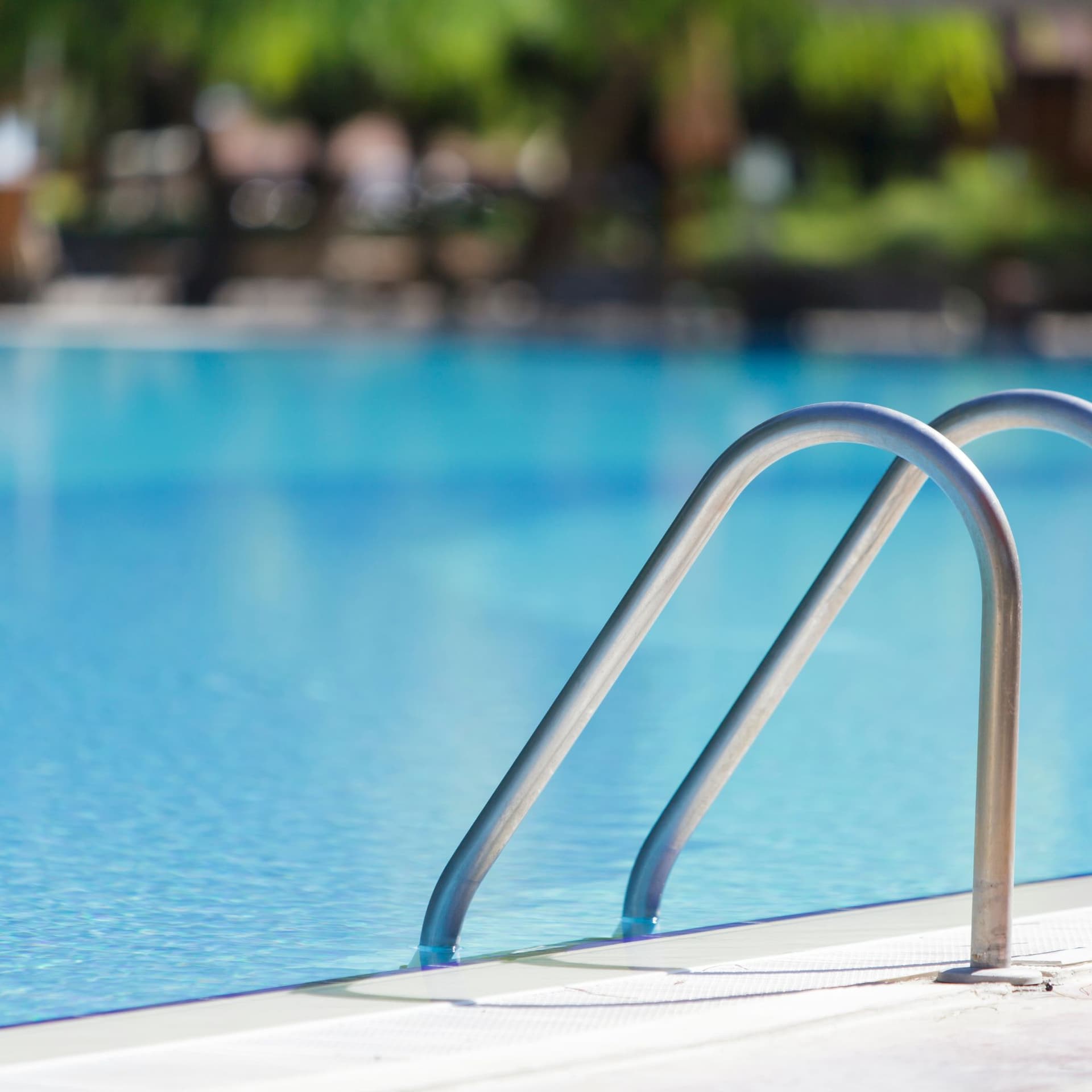Let's cut to the chase, the short answer is... Sometimes. It depends.
Yeah, I know, that's a pretty crappy answer, but bear with me.
First, let's explain the basics behind energy saving pumps. Then, we'll do some boring maths to determine just how much money we could save with an energy-saving pump, because that's super important, right? Finally, we'll discuss some factors that, if they apply to you, may not make it worthwhile after all.
Okay, so how does an energy-saving pump work?
Imagine I filled your car up with a full tank of fuel (or full batteries - we don't discriminate at The Pool Dude 😉), and told you to drive up the Hume Hwy from Melbourne to Sydney until your car ran out of juice.
Now, imagine you went flat-out the whole way. You'd get there super fast, right? But you might only make it a third of the way before your car starts putting and complaining that it needs more fuel (or volts). Not a very efficient way to drive, right?
Okay, now imagine you drove around 80kph the whole way. Your car is now no longer thrashing itself but cruising down the road. You'll soon find you'll get much closer to Sydney before needing to fill up (or charge up). It might take longer, but your car is running smoothly and efficiently, saving you money.
This is how energy-saving pumps work. They have very sophisticated electronics that allow you to set a lower speed that runs the pump much more efficiently. To compensate for the decrease of filtration, we usually bump up the running time, but still the power savings are incredible.
Don't believe me? Okay, let's try an example...
Boring Maths...
Let's say you have a 1hp single-speed pump (we're using a Waterco Supertuf 100 for our calculations), you're paying 22.88c per kWh for electricity (we're using https://www.finder.com.au/average-cost-of-electricity at time of writing). Let's also assume you're running the system at eight hours a day during the warmer months and six hours during the cooler months. So let's say seven hours per day on average.
Now let's do the boring maths (skip this part if you hate maths)...
(elec price) x (ave hrs / day) x (pump kW)
= 22.88 x 7 x 0.84 = $1.35 per day
= $1.35 per day x 365 days in a year
= $491 per year.
Now we'll do the same thing, except we'll add two hours a day and use the ECO setting on a Waterco Supertuf Eco pump (I'm using these two models because they are super easy to compare). Let's see how the boring maths work out...
(elec price) x (ave hrs / day) x (pump kW)
= 22.88 x 9 x 0.16 = $0.33 per day
$0.33 per day x 365 days in a year
= $120 per year.
Okay, so that's a saving of $371 a year, or just over 75%.
Caviats...
But what if you have solar panels? Well, then you won't see a brass farthing of those savings.
Also, if you happen to have a suction cleaner, then you may need to bump up the power of your pump so it has enough herbs to push your cleaner around the pool. In that case, your power savings still might be substantial, but they won't be the same as what we calculated above.
This can also apply if you have a gas heater or electric heat pump which require minimum flow rates to work properly. They might work on minimum settings, but you may need to bump up the juice a bit to stop them from having a sook.
Finally, if your pool equipment is, like, miles (not literally) from the pool, you may need to increase the power of your pump so it has enough force to allow proper flow through your filter and chlorinator cell.
Conclusion
So in summing up, energy-saving pumps are the bees' knees of saving energy and money when it comes to your pool operation. However, it doesn't suit everybody, nor does it suit every situation.
If you think you could benefit from an upgrade, or perhaps your existing pump is dead or dying and you need advice, get in touch and we can help you find the best solution for your unique situation.





